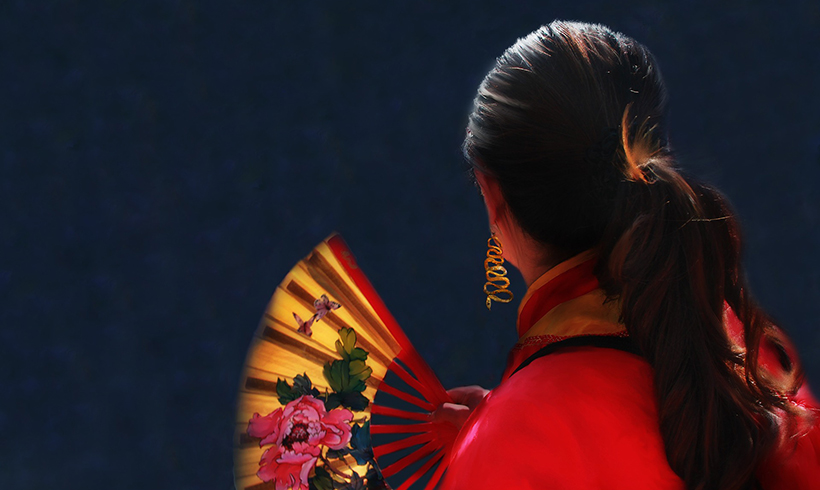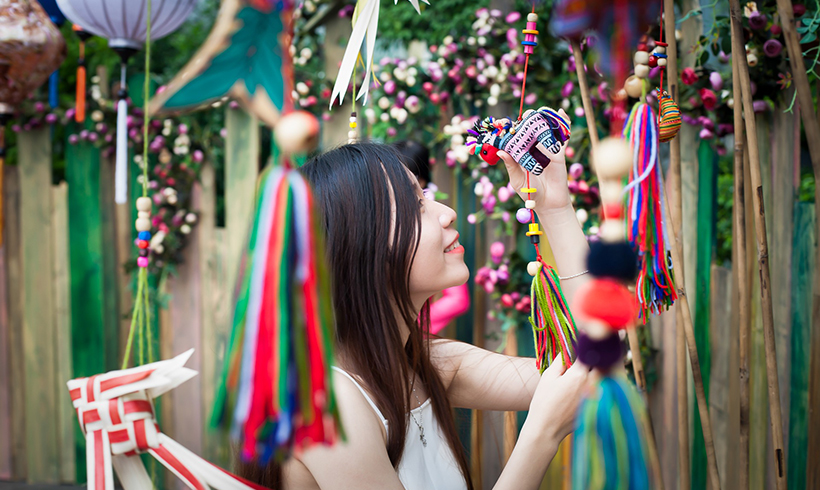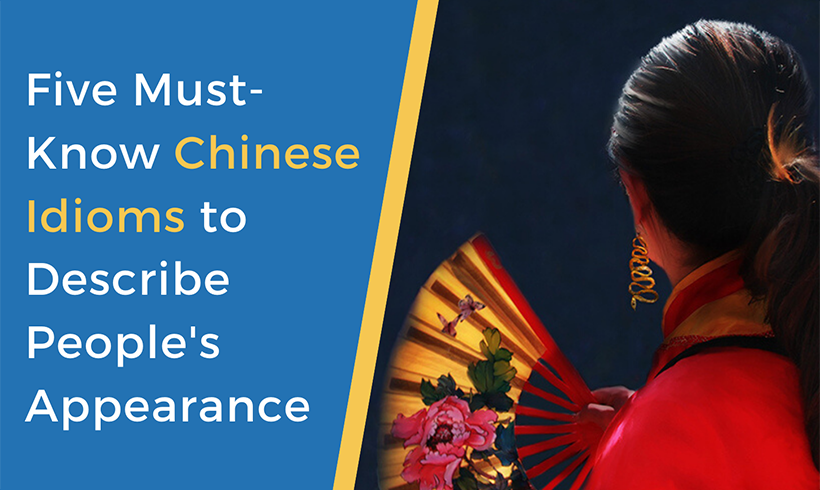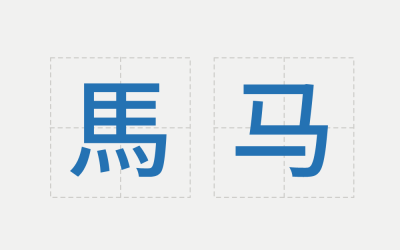The vibrancy of a language lies in weaving alluring thoughts and painting an exhaustive picture. It provides a funnel for reflecting provoking messages which are supposed to be delivered in the minds of people. A major chunk of this never-ending beauty of ‘instrument of communication’ consists of the “devices”. Devices that help various languages achieve a specific motive and viscerally get across a chain of thoughts to the readers. In this context, idioms surely have charmed the writers and captivated millions of readers from the beginning of the existence of literature itself. Poetry, stories, parables, or sagas; idioms have always decorated different kinds of languages across different parts of the globe.
To give you a sneak into why idioms are the love-child of thousands of linguists who love to spar with words, we have curated 5 Chinese idioms which can deliver meaningful details about a person’s appearance, both literally and figuratively, while being subliminal.

1. The countenances of a flower, face like the moon- huā róng yuè mào-花容月貌
Meaning
The literal meaning of this idiom is the countenance of a flower, face like the moon and figuratively it is used by writers and speakers to describe a woman who is utterly beautiful. It is a positive idiom that exemplifies the appearance of a woman and how she is as tender as a bloomed flower and face as pristine as a marbled colored moon on a clear night.
Example: The beaming sunrays crashing through the morning dew made her piously beautiful.

2. The gentle and graceful woman– yǎo tiǎo shū nǚ-窈窕淑女
Meaning
Another idiom featuring in the positive spectrum of the language, yǎo tiǎo shū nǚ is one of the well-known phrases in Chinese culture which means gentle and graceful woman. It generally describes the way a lady carries herself and delves deeper into the ingrained characteristics of a female rather than presenting merely an outward appearance. It is taken from Book of Songs · Zhou Nan · Guan Yan.
Example- The moment she walked into the room, here graceful aura was palpable for everyone present in attendance.

3. Apricot eyes-xìng yǎn-桃腮杏眼
Meaning
Sourced from the third round of “Ping Gui Biography”, this idiom has literal meaning- Apricot Eye. Since a writer inherits a sort of free reign with words while expressing his/her mind, this phrase has been loosely used to describe something attractive and eye-catching generally in the context of a woman.
Example: As she swayed across the dance floor, amid all the palpable sensuality, his eyes couldn’t stop admiring her apricot eyes.

4. To be soaked with sweat (dà hàn lín lí): [大汗淋漓]
Meaning
Related largely with a temporary physical attribute of a person or an animal, dà hàn lín lí phrase is generally used to signify body dripping with sweat due to toiling. Additionally, it can also be used for depicting a situation resulting in sweat due to fear or anxiety.
Example: After a long day of work at the factory, his clothes were soaked with sweat.

5. A man’s heart is indiscernible behind his chest-Rén xīn gé dù pí-人心隔肚皮
Meaning
A much philosophical take on the word-play, Rén xīn gé dù pí signifies what a person thinks is actually reflected from his actions rather than rudimentary words. Another take on this idiom which means nearly the same is “You may know someone by his appearance, but you may never know what he thinks”.
Example: He might appear to be your friend when you are making hay but remember that a man’s heart is indiscernible behind his chest and it will only show its true nature when there will be rain and storm unsettling your life.
So there you have it some of the commonly used expressions in Chinese otherwise known as chengyu. These are a few of the examples of traditional Chinese idiomatic expressions which are generally represented by 4 letters and give an insight into the richness of language. Of course, the list of expressions is practically a never-ending sea of intricate layers of literature having their links to various eras. The more you dive into it, the more you will be able to appreciate its piousness. If you would like to know more about the versatility of Chinese expressions to say more with fewer words, to hone your language skills and inculcate depth in your writing dexterity and thoughtfulness into your oratory skills.

GUEST POST
by Ben Hadfield
Ben Hadfield is an English copywriter and editor. Ben creates high-quality content that will have an impact on enhancing public relations, employee, dealer communications that are used internally and globally. He creates all in compliance with the law and appropriate legislation or regulations (e.g. copyright and data protection). Ben creates and publishes engaging and creative content for Essay Writing Service. and adapted to multiple platforms and tools (e.g. digital, newsletter, magazine, reports, presentations, speeches).









Tq for recommending chinese to the world. This is a FUN WORLD.
Bù kèqi – you’re welcome! 🤓